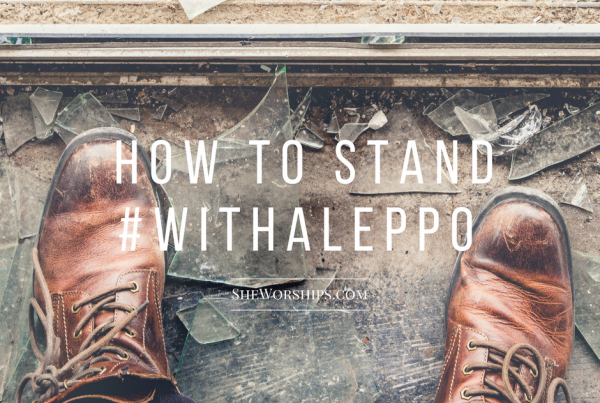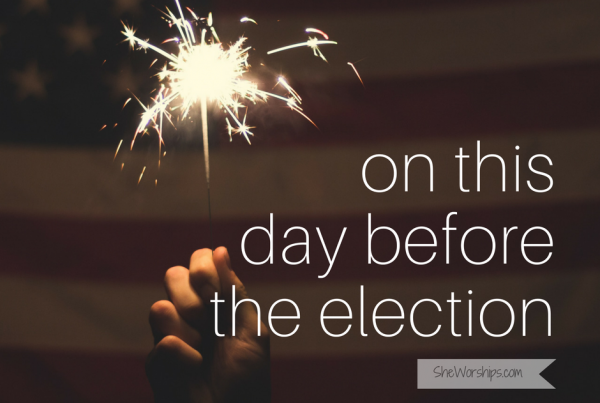Just over a year ago on a sunny morning in March, Ike and I sat on a plane in Dallas as it taxied toward the runway. It was an ordinary day and an ordinary flight, or so we thought. Before the plane was able to take off, our ordinary flight became a terrifying ordeal when, out of nowhere, one of the flight attendants went berzerk. Chaos and confusion ensued. Until we realized she was having a psychotic episode, we thought the plane was being hijacked.
I wrote about the experience here and here if you care to read the details, but needless to say the incident affected us deeply. I think it’s accurate to describe the experience as traumatic.
Since that day, Ike and I have both endured numerous emotional aftershocks whenever we fly. Unusual mechanical sounds or raised voices can trigger heart-racing panic. On each flight, I find myself monitoring the demeanor of the flight attendants; as long as they seem calm, I feel a little safer.
On top of my anxiety about flying, the trauma has manifested in other arenas as well. Last year while at Disney World, our bus was traveling way too fast (so I thought) and I began to wonder if the driver had hijacked the vehicle. That is where my brain goes these days.
The trauma I experienced was minor in comparison with the national tragedies that have transpired in the last year. I won’t compare my experience to a movie theater shooting or a center-city bomb blast. My experience only gives me a teeny tiny taste of the mental and emotional anguish of those victims. But now, whenever these tragedies appear in the news, I better understand how a trauma can linger.
Traumatic events open a window for fear to enter in and take control. Environments that were once fun and care-free now trigger suffocating anxiety, and the unpredictability of these triggers can lead one simply to dwell in a place of fear.
However, headline-making traumas affect more than the victims involved. They jolt our national consciousness and shape the public imagination. Whenever a disaster occurs, we pray a little louder and hold our loved ones a little tighter. And we too must face the demons of fear as they scramble to gain a foothold in our culture and in our hearts.
In the wake of yesterday’s Boston Marathon bombings, fear is one of our greatest adversaries. Fear is quiet, but it is also persistent and powerful. It can silently shape our lives and our beliefs in terribly destructive ways. As we pray over this tragedy in the days to come, I would encourage you to pray against the dragon of fear in these two ways:
1. Pray for the survivors to find peace: In addition to the crushing sadness wrought by this tragedy, the survivors will also grapple with enduring fear. For the Boston Marathon survivors, I suspect that big cities or large crowds will trigger anxiety for years to come. Some will wrestle with PTSD and flashbacks. Some will be haunted by fear on a daily basis. The survivors will never be the same again, but pray that fear will not gain a stronghold in their hearts and in their lives. Pray for them to experience healing, freedom, and peace.
2. Pray against fear in your own heart: Terrorism is most successful when it produces a culture of fear. Fear stymies reason and thwarts the way of love. Fear is the handmaiden of our Enemy, and we must do all we can to fight it.
2 Timothy 1:7 tells us that “God gave us a spirit not of fear but of power and love and self-control.” 1 John 4:18 adds, “There is no fear in love, but perfect love casts out fear.” Together, these verses tell me that the followers of Christ are not to be a people of fear but of love. The world is frightening and there is a lot we could fear, but Christ makes possible another way. In a scary world, being salt and light means resisting fear and instead choosing love.
The radical love of Christ is not born out of fear, but of courage and trust in God. In other words, Christian love is a discipline. So this week, I pray for the strength to be salt and light in a violent world. I pray for the courage to banish the darkness of fear with the radiant light of Christ’s love. In the same way that I can look to a flight attendant’s calm demeanor as a source of security, I will look to our unshakeable loving God, and therein find surpassing peace.






Such wonderful words of peace, Sharon. Shalom – not fear – is in God’s love.
Shalom,
Tim
P.S. Prayer for the survivor, prayer for ourselves, and keeping others in mind as well: http://wp.me/p2EmLc-Yj
I recently found your site and really like your posts! 2 Timothy 1:7 is such a good reminder.